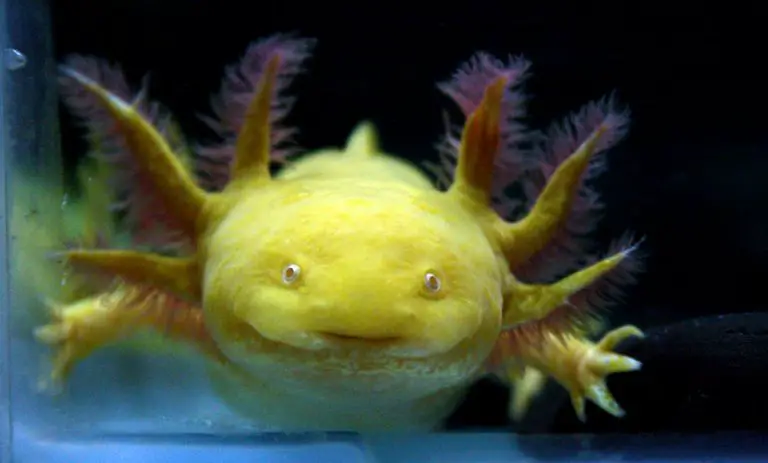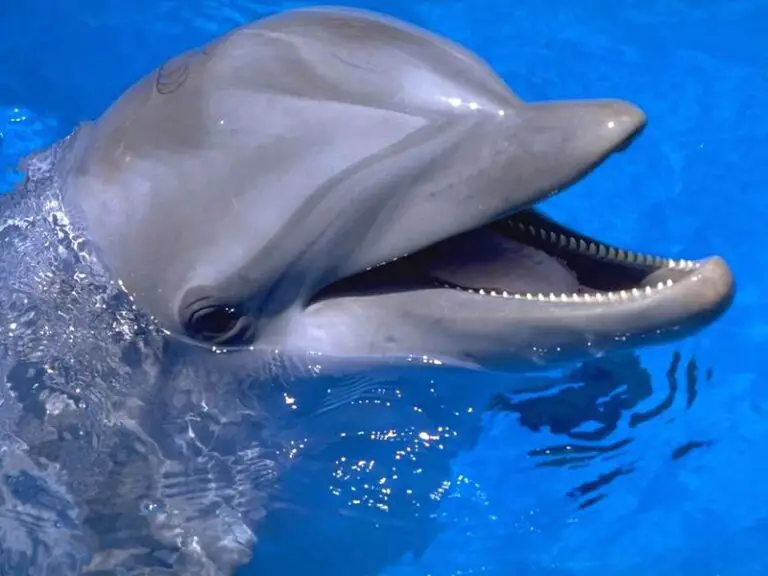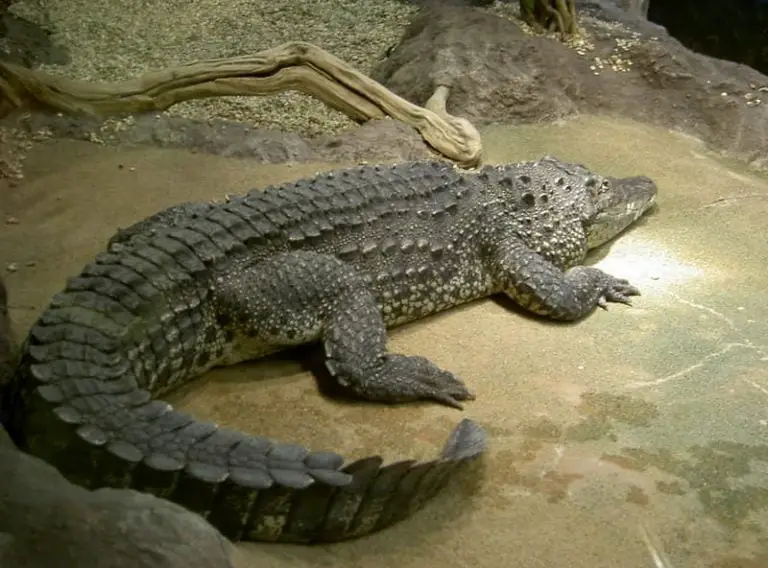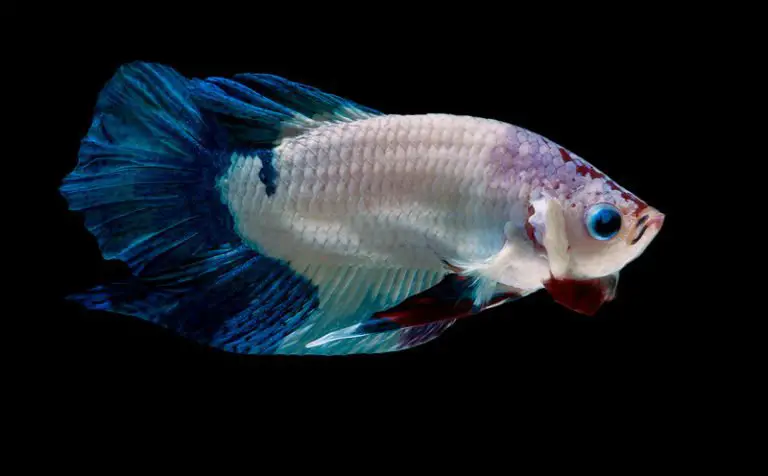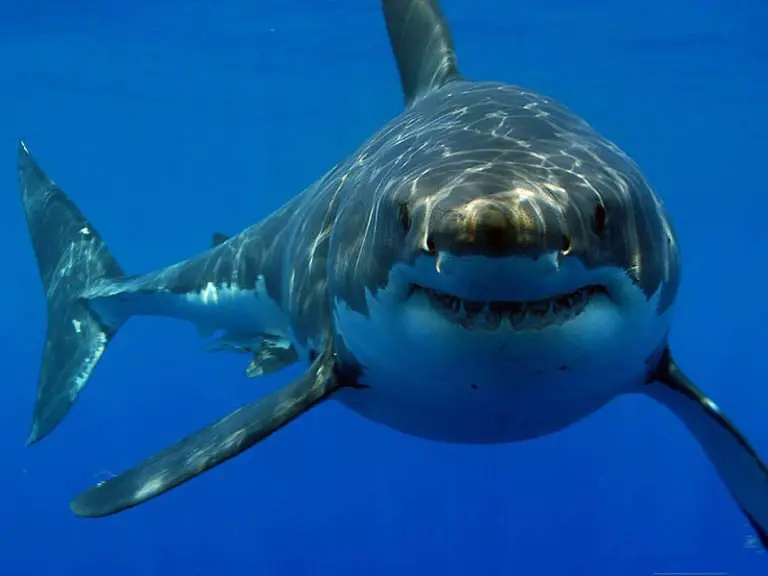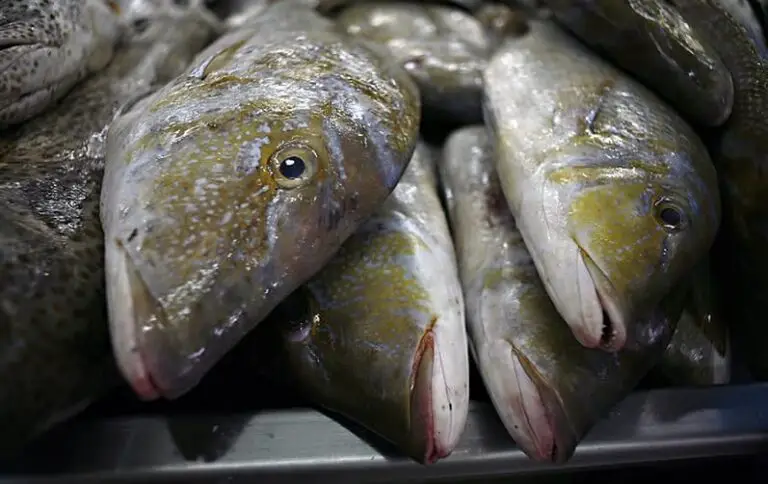How Long Does it Take a Betta Fish to Digest Food?
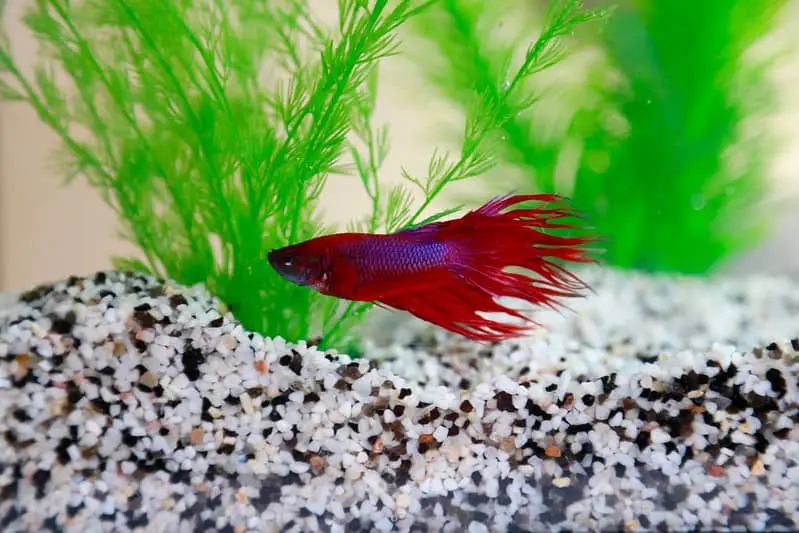
The digestive process in betta fish is very simple in comparison with other species, in betta fish, the food is ingested by the mouth and suffers a principle of crushing in the esophagus, from the esophagus passes into the stomach, and then into the intestine where the absorption of nutrients is carried out, This entire process is estimated to take approximately 6-8 hours since a healthy betta fish can usually poop on a daily basis.
If you notice the belly of the betta fish is inflamed this can be the cause of several things but usually constipation, to avoid this it is essential to avoid over feeding the fish.
As a rough rule of thumb, feed quantities that your fish can eat in less than 3-5 minutes. If there is still food left in your aquarium after this time, you have fed too much. Remove leftovers with a net and feed accordingly less the next time.
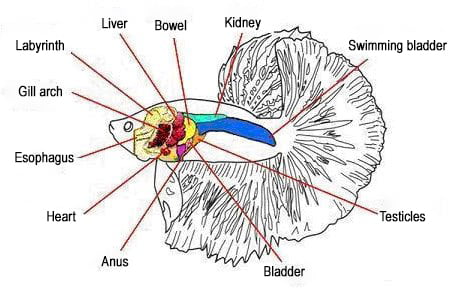
Symptoms of constipation in betta fish
The belly of the fish bulges noticeably. Because it is constipated, it does not feed or defecate. It rests on the substrate for many hours, since it is weakened. It can be difficult to distinguish this condition from dropsy.
How to avoid constipation in betta fish?
- Do not overfeed the betta.
- Soak the dry food (pellets, scales) for 5-10 minutes in aquarium water before giving it to the betta fish.This is because this type of food often contains air inside that can contribute to constipation and inflamed swim bladder. By soaking the food this air will be lost.
- Give boiled peas to the betta fish at least once a week. Pea will help enormously to prevent this type of problem and therefore I consider that it should be part of the diet of the betta fish.
- Add aloe vera to the aquarium regularly. Among the many benefits it brings to the betta fish, one of them is also to prevent constipation.
Betta fish after eating are slow
A betta fish, after having eaten in its totality can become very slow and stay calm until the stomach is empty again. They may even stagger or swim with difficulty or imbalance, as if their swim bladder has ruptured.
When the food has been processed and the swimmer’s bladder has room again, the animals will behave normally again.
Unusual swimming behavior does not necessarily indicate illness. You should wait at least half a day to see if the belly thins again and the fish swims normally.
Highly draughty water can slow down the feeding and digestive process of betta fish
Generally, a fish tank with very strong water current could make it more difficult for the betta fish to feed and digest food, betta fish come from waters with almost no current. Aquarium filters usually generate stronger currents.
If you notice that the betta fish is constantly in a certain place, the fish may not be bothered by a strong current at this point.
Betta fish also likes to stand between plants or on the ground with their long pelvic fins. There they look for anything that is edible.
An overfeeding of betta fish causes problems in its digestive system and general health
Another important element to take into account regarding the digestion of betta fish is the amount of food it is supplied, the stomach of betta fish is the size of your eyeball, very small.
The main mistake of most novice aquarists is overfeeding. Of course, it is very tempting to feed the fish more often and a lot, since it is the only possible direct interaction with your fish at first and the fish are grateful recipients of every single food donation.
However, excess or poorly digested food will rot in your aquarium and seriously affect the water quality; Bacteria and algae multiply, the filters in your aquarium are more polluted and your fish are more susceptible to disease.
A single overfeeding can pollute your aquarium just as much as a whole month of “normal” pollution. In the wild, fish are often forced to survive for several days without food. You can also do this in your aquarium in an emergency,
Feeding a betta fish is a little more difficult than with other ornamental fish. Usually betta fish eat until there is nothing left, they must be fed regularly with smaller rations several times.
That works best for betta fish, too much food could lead to death, disease, and indigestion. In addition, overfeeding can lead to later sterility.
Due to the tiny size of the betta fish’s stomach, it is easy to understand that it does not take much food and therefore does not eat as much as one might think. An excess of food could cause digestive problems such as swim bladder disorder, also known as “flip-over”.
This disorder forces fish to float on the surface of the water. The affected fish swims sideways or upside down and may also lie on the bottom of the tank.
Can a betta fish go one day without food?
One day a week without food is considered healthy. In nature, betta fish can last much longer than five days without eating without any problem and feeds mainly on insects. It is a carnivore and can be fed live food, frozen food, special flake food and granules. Live food is not absolutely necessary but is gladly accepted.
How to cure constipation in a betta fish? Three easy steps
The treatment consists of a depurative diet and is really effective especially if you act quickly.
1-You should stop feeding the betta fish for two days, this will help cleanse your digestive system.
2-On the third day gives him 1/4 of a boiled pea without the skin.
3-Wait two more days without feeding it. The most certain thing is that in these two days constipation will be cured, if so, stop the treatment and continue feeding him in the usual way (but following the advice to prevent constipation).
If two days pass and the betta fish is still constipated, give it 1/4 pea again and wait again for two days to see if it is cured.
If it still continues with the lump it is recommended that during two or three days you return to feed your betta in a normal way, since it will be quite hungry.
From here on you can try the treatment again which basically consists of 2 days fasting, 1-day pea, returning to point 1.
If after two weeks the lump is still there, in that case, it may be that constipation has reached a point where it no longer has a solution or that the lump is a tumor that is somewhat different from digestive problems.

